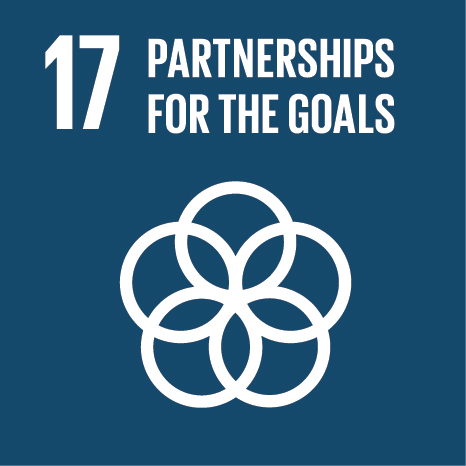Sentiment Analysis in Urban Design: Towards truly participatory heritage mapping
Event Title
Unforeseen Paths#1
Year (definitive publication)
2022
Language
English
Country
Portugal
More Information
Web of Science®
This publication is not indexed in Web of Science®
Scopus
This publication is not indexed in Scopus
Google Scholar
This publication is not indexed in Overton
Abstract
Virtual communities are true communities, whose common ties rest on their shared experience via different forms of social media networks, such as TripAdvisor, Facebook, Twitter.
Multiformat user-generated content (UGC) greatly influences collective and individual purchasing and consumption behaviors. Its potential for leveraging the acquisition of products or services has been discussed especially by researchers, marketers, and business operators in the tourism and hospitality sectors. Nevertheless, UGC content is less used in architectural heritage studies, urban design, and territorial planning.
We show that this gap needs to be bridged especially for unveiling the real perceived quality of heritage sites by international and domestic visitors. The experiential consumption of the built environment and public space in historical cities can be in-depth analyzed through sentiment analysis.
Sentiment analysis is text mining that allows to identify, extract, and analyze a large amount of subjective information. It consists of processing text, such as online reviews, to compute a sentiment polarity and/or a sentiment score for detecting emotions behind the text. Although remaining complementary to any on-site observation, the analysis of perceived experiences of visitors can capture almost live feedbacks of many who experienced heritage sites over time. Visitor experience can be evaluated considering different indicators, which include aesthetic values, sense of safety, destination loyalty, among many. Moreover, sentiment analysis unveils hidden or overlooked aspects by local or national observatories on culture and tourism. Visitors’ evaluations using social digital platforms can thus recast heritage mapping towards more effective and participatory management policies.
Acknowledgements
This work was partially supported by Fundação para a Ciência e a Tecnologia, I.P. (FCT) [ISTAR Projects: UIDB/04466/2020 and UIDP/04466/2020].
Keywords
sentiment analysis,visitor experience,user-generated contents,heritage sites,advanced mapping
Contributions to the Sustainable Development Goals of the United Nations
With the objective to increase the research activity directed towards the achievement of the United Nations 2030 Sustainable Development Goals, the possibility of associating scientific publications with the Sustainable Development Goals is now available in Ciência_Iscte. These are the Sustainable Development Goals identified by the author(s) for this publication. For more detailed information on the Sustainable Development Goals, click here.

 Português
Português




